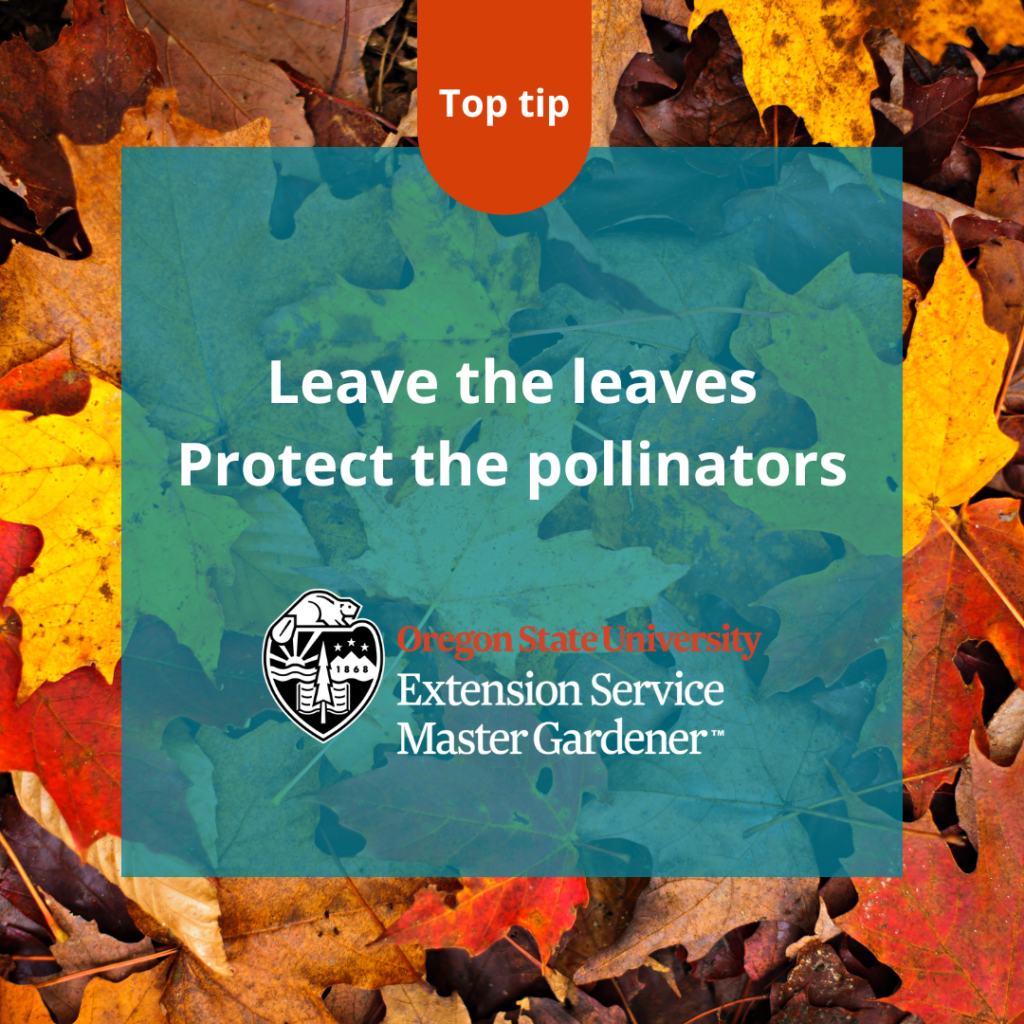
The Public Seed Library is a new collaborative project of the Corvallis Sustainability Coalition, with the Corvallis-Benton County Public Library serving as the host partner and the OSU Extension Master Gardener Program providing educational resources. The free, volunteer-run Public Seed Library is expected to open at the Corvallis-Benton County Public Library downtown by March ’23.
“This is a natural opportunity to collaborate to benefit so many, so easily!” said Jill Farrow, who is a member of both organizations. “The Corvallis Sustainability Coalition’s Food Action Team puts on the free Edible Garden Tour each year to increase local food consumption and support home gardening. The Benton County Master Gardeners provide many educational resources for gardening. The new Public Seed Library leverages the strengths of these two community volunteer organizations.”
This will be a seed-sharing library to share sustenance: Give what you can, and receive seeds and garden knowledge on how to plan a garden, grow vegetables, and companion herbs and flowers too for pollinators and other beneficial insects.
The Corvallis Sustainability Coalition is looking for volunteers to collect donated seeds, then help organize and inventory seed packets to stock the new Public Seed Library. If you’re an individual interested in volunteering, or a company interested in making a tax-deductible donation of commercial seed packets, reach out to connect with the Food Action Team now here.
As the educational partner, Benton County Master Gardeners will offer vegetable garden planning and growing lectures, as well as staff pop-up Plant Clinic help desks at the Corvallis Public Library next spring and summer. The Public Seed Library will be available to everyone who visits the Corvallis Public Library, for their personal use, regardless of whether they have a library card. It’s intended to support new and experienced home gardeners too.
These local organizations already partner with others to provide the free Corvallis Garden Resource Guide and gardening educational outreach through the Neighborhood Planters Kiosks project. Corvallis has an active gardening community and three family-owned retail nurseries that support local school gardens, community gardening, and natural area conservation groups. There’s a lot of programming support for people who are looking to start gardening or grow more of their own food. “The Public Seed Library will benefit all: current gardeners who will have free access to a broader variety of seeds, new gardeners, and the environment too,” Farrow says.
The Public Seed Library will be stocked exclusively with donated vegetable, herb, and flower commercial seed packets “Packed for 2022.” Please consider donating new or open and partially used seed packets if you’re a home gardener who has left over commercial seed packets “Packed for 2022”. Donations from the general public will be collected from mid-December through January ’23 at two drop-off donation sites:
- Benton County Master Gardener’s OSU Extension Office at 4077 SW Research Way
- Corvallis Public Library downtown at 645 NW Monroe Ave inside at the Librarian’s Desk
Look for future updates on the Public Seed Library project on the Benton County Master Gardener and Corvallis Sustainability Coalition’s Food Action Team websites, also a new Instagram account, coming soon. For questions about the project, contact the Food Action Team here.



